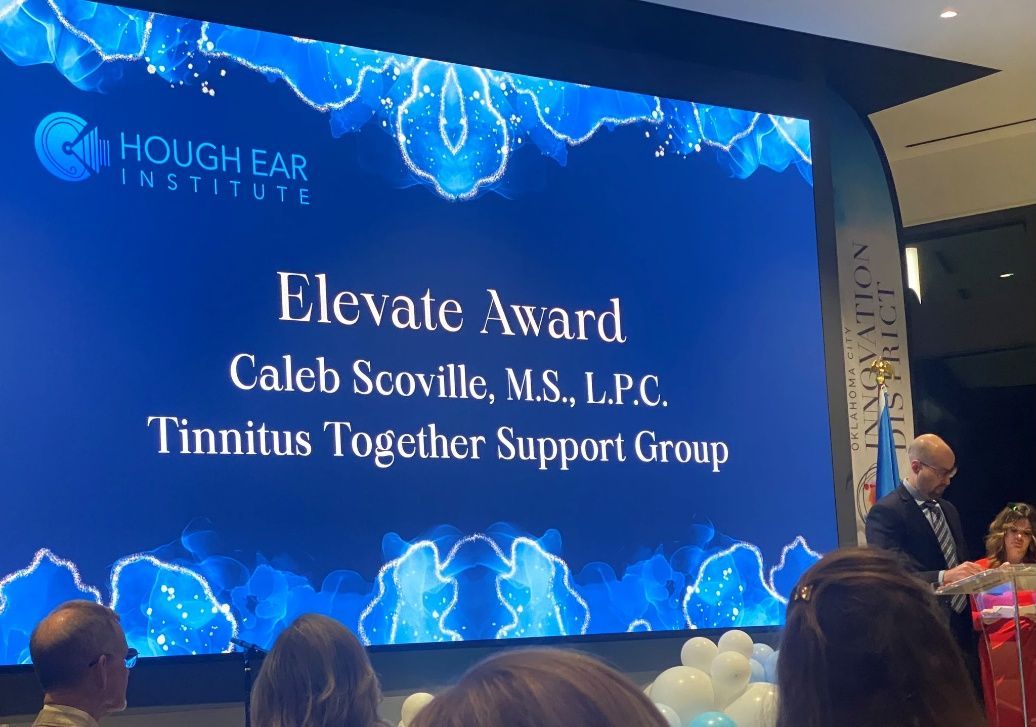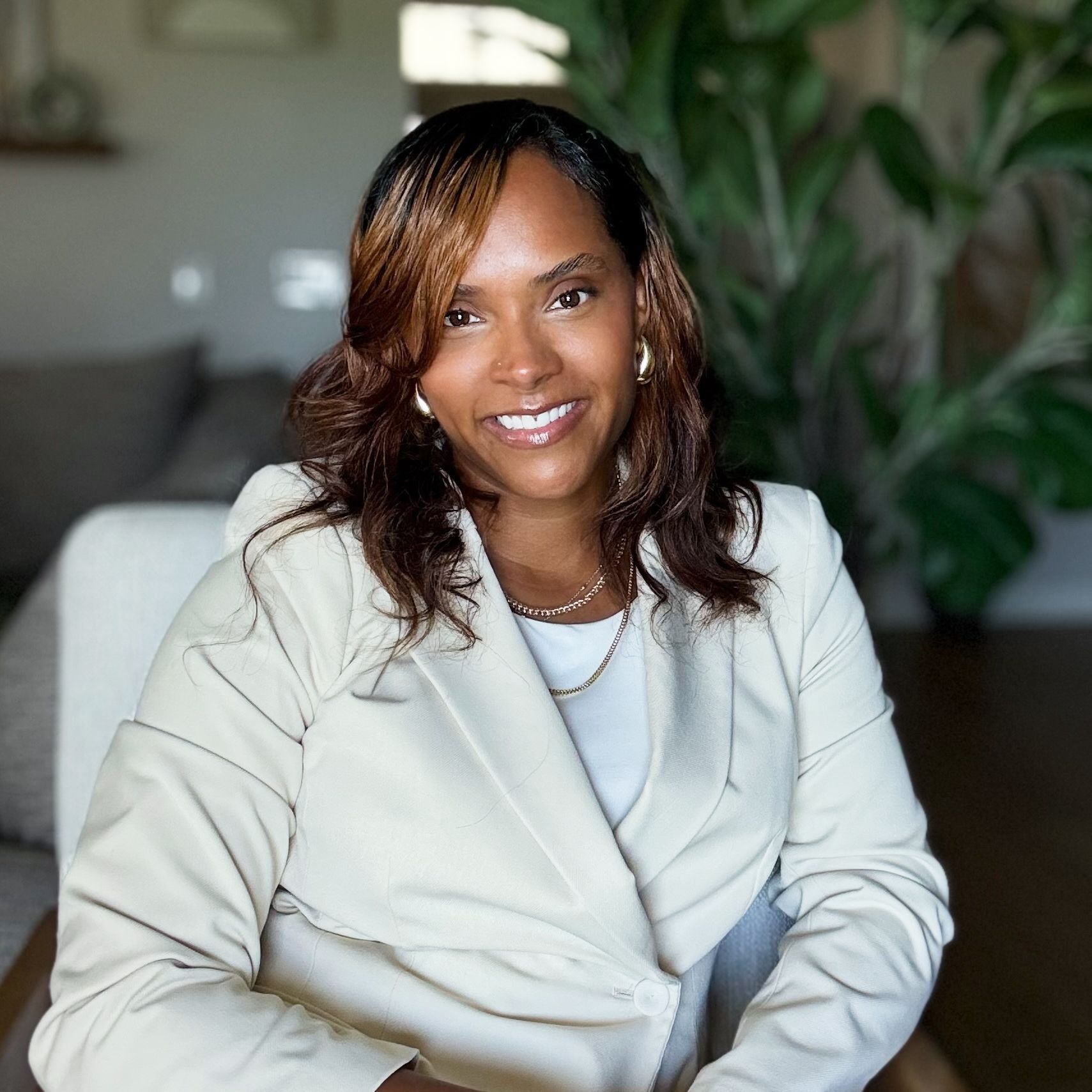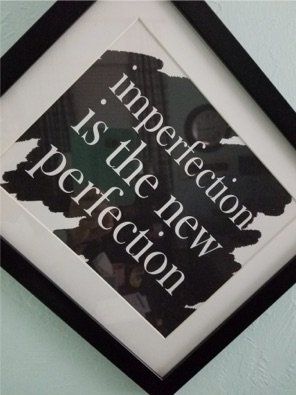Wholehearted Living
by Vicky Hampton, LADC, NCC, LPC
We all grew up in hearing about kindness, giving, love, truth, following, and wholeheartedness. Most of those things I instilled into my belief system and based my values around those virtues. I really liked that word “wholehearted,” It sounded so nice, warm, and comforting. Be wholehearted and get to Heaven, right? So I decided I’d be wholehearted.
Well was I misguided! My idea of wholeheartedness was off and I didn’t figure it out until I was about 55.
According to Brene’ Brown’s research the following is what it takes to be wholehearted. Taken from her book “The Gifts of Imperfection” she says:
- We start with ourselves. We roll up our sleeves, dig deep, lean in, form our team, be all in and fight in our arena.
- We experience love and belonging.
- We create courage, compassion and connection.
- We become enough – we feel it, we think it, we believe it.
- We become shame resilient – move away from fear, blame, and disconnection.
- Cultivate authenticity – let go of who we think we are and embrace who we are.
- Practice self-compassion – let go of perfectionism.
- Become resilient – overcoming adversity. Create a sense of purpose, meaning and perspective.
- Cultivate gratitude and joy – let go of scarcity ad fear of the dark.
- We address our intuition and trust faith - let go of the need for certainty.
- Be creative – let go of comparison. Creativity is the expression of our originality.
- We play and rest – forget being a status symbol and find self-worth.
- We practice calm and silence – let go of anxiety and restlessness.
- Find meaningful work – let go of self-doubt and supposed to's?
- Use laughter, song and dance – stop being cool and always in control.
Owning our story and loving ourselves through the process is the bravest thing we will ever do.” Brene’ Brown.
My struggle with this list was letting go of perfectionism and practicing self-compassion. What? Not do for everyone else, be there for everyone else? Not go bigger, harder and faster? Stop going all out to be the best, do the best, and settle for nothing short of first place? In pondering all those questions, I finally got it - I don’t practice self-compassion. I’m a perfectionist. However I felt conflicted – I thought wow that’s great – I’m such a hard worker and I get most everything done perfectly. How can that be a negative? But then I realized……. I was tired - physically, mentally, and emotionally exhausted. Fifty-five years of being a perfectionist - doing all the things I thought I was “supposed to do” at the expense of me. Some would call it co-dependency.
It’s when I closed Ms. Brown’s book and closely read the title it hit me: “Let go of who you think you’re supposed to be and embrace who you are.” Let go of who you think you’re supposed to be and embrace who you are.
I set out on a journey to find out how my co-dependent, perfectionistic truth came to be. I recalled that as a child I was not encouraged to feel worthy. It was: be more, be smarter, be faster, look prettier, be stronger, stop being shy, act nicer, and so on. The story I created in my head was “you’ll never measure up unless you do better.” As a result I never felt good enough. I always second guessed my efforts and would exhaust myself to all ends trying to present a perfect product. When I told myself I would be the best, I would be good enough, I’d measure up, and I’d show them. Little did I know I was proving, not feeling: I wasn't ever trusting that I was worthy. I also heard “you're selfish if you only think of yourself,” which was another untrue story entrenched in my brain.
Christopher K. Germer - “A moment of self-compassion can change your entire day.
A string of such moments can change the course of your life.”
According to Dr. Kristin Neff, self-compassion has three elements: self-kindness – being warm and understanding toward ourselves when we suffer, fail, or feel inadequate; common humanity – recognizes that suffering and feelings of personal inadequacy are a part of the shared human experience; and mindfulness - taking a balanced approach to negative emotions so that feelings are neither suppressed nor exaggerated.
“When we are kind to ourselves, we create compassion that we can extend to others” resigned with me. I had to go back to the story created in my head. I believe now I created a conspiracy in which I became stuck. It’s what Ms. Brown calls the “SFD’s” – " '$#!??%' first drafts." I conspired and lived out the story of being perfect. After all my parents wanted my life to turn out better than theirs had. How could I not live up to that? All the while I had created a first draft that my cognitive brain played over and over in every situation that I was in. If someone looked at me wrong I thought I had screwed up. Oh, the self-defeat, the negative self-talk, and the "$#!??%" way I’d keep myself feeling. I believe my anxiety was born in these unhealthy stories.
“When we are kind to ourselves, we create compassion that we can extend to others”
I repeated it over and over. I vowed to be kind to me for the next half of my life. I changed my brain from "$#!??%" thinking to healthier, self- preservation, and self-compassionate thinking. I became healthier mentally, spiritually, and emotionally. I am incredibly less anxious and worried. My self-compassion comes in the way of my new stories that include joy, nature, laughter, gratitude, beauty in the world, self-nurturing, happy people, knowledge and resiliency. I put them at the top of the list of things I value most in my life. And they are
for me
. I now believe with no doubt that self-compassion has been the greatest asset to my practice, my family connections, and friendships. I gave up perfectionism and only use it to remind me that imperfection is my perfection. It truly has been a gift.
I want to encourage everyone to give themselves this gift of self-compassion. It is true that when we are kind to ourselves, we create compassion that we can extend to others. Ms. Brown’s books came to me at a critical time in my life. I hope that by my sharing only pieces of them, I can pass it forward. Wait, isn’t that wholehearted living?
BIBILIOGRAPHY:
The Gifts of Imperfection
The Daring Way
Rising Strong
Author: Brene’ Brown







